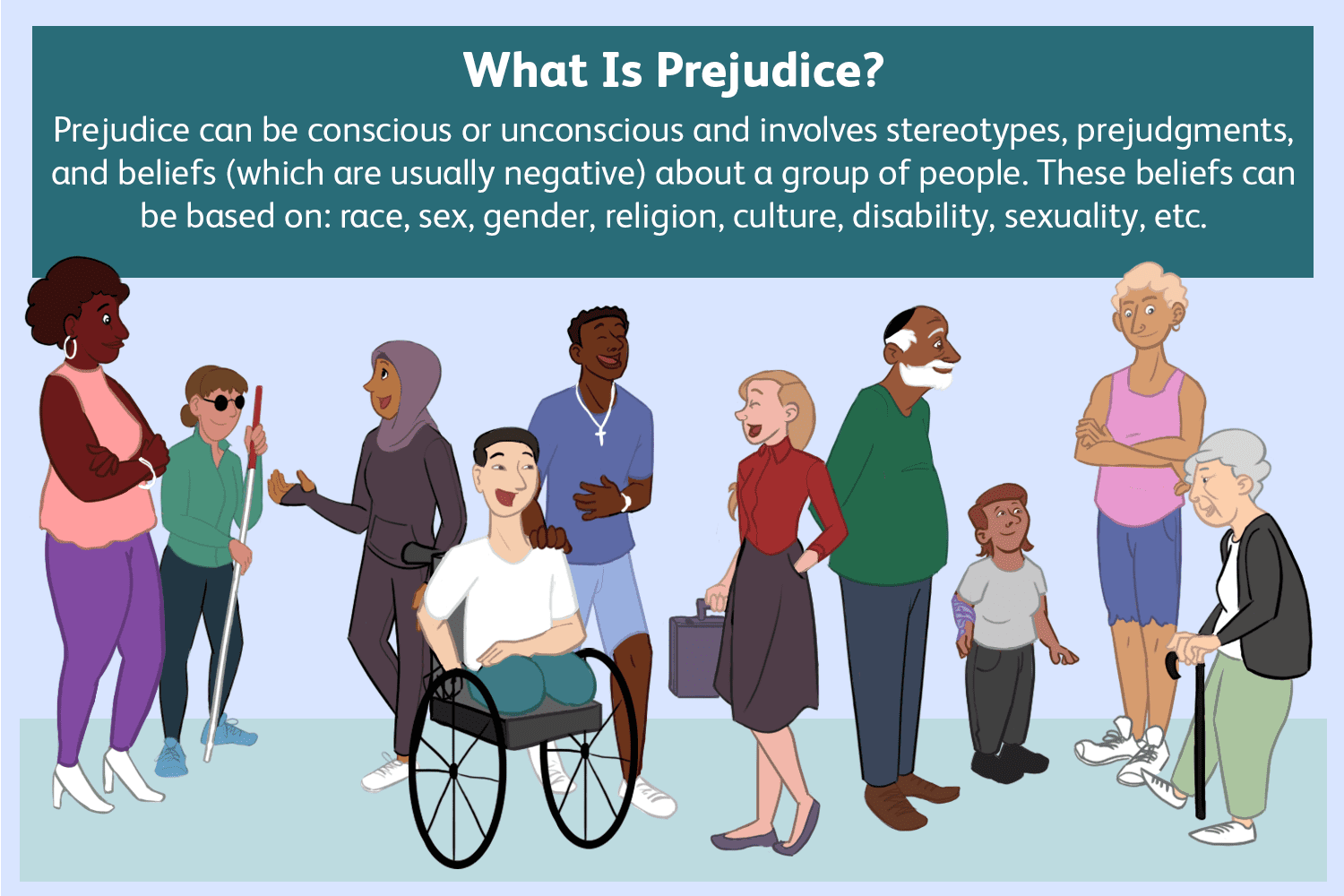Nice! I can see here what you are talking about in Romans 4 and 5. You could be right that they are opposed to James. He's got this idea going that Abraham is a believer rather than a doer. This does not jive with James, true. It is uncertain to me that there is just one Paul though. Also because of the political hierarchies of the bishops and struggles for dominance in early Christianity I don't fully trust that these letters are untouched even after the Pauls are done writing; but its Ok since I don't consider anyone authoritative. People always want to build castles that last forever, but castles do not.It's the starting point for his doctrine of original sin, which he expresses in Romans 5.
Even if that wasn't his argument it remains that he is associating dishonesty with David.
The Lying Spouter and enemy epithets of the community at Qumran were most probably directed at Paul, he apparently responds to with:
Gal 4:16 - Am I therefore become your enemy, because I tell you the truth?
I want to revisit this bit about the "All men are liars." There are two gospels (Matthew and Luke) which mention Jesus teaching about judging another's flaws, and it is the one where a person points out a speck another's eye but cannot see the plank their own eye. James chapter 3 also mentions something about not cursing men with the same tongue that blesses God, and I sense a common source concept of non judgment. So why does Paul mention this psalm 51 ? I have been unable to determine why, but I have benefited from pursuing the question, because I now understand this psalm better.
[Psa 51:5-6 NIV] "5 Surely I was sinful at birth, sinful from the time my mother conceived me. 6 Yet you desired faithfulness even in the womb; you taught me wisdom in that secret place."
Psalm 51 to which Paul alludes to is about how David feels about a plague that killed so many and which could have destroyed the entire nation -- all because he was envious of a woman and had her husband killed. He is singing for sake of those who will be worthy, please stop the plague...and by extension preserve the name of the LORD. It seems like this psalm is indirectly alluding to Moses intercession for Israel although Moses is a hero while David is a villain. Moses doesn't cause Israel to be plagued. David does, so they are different sort of men. Opposites. The plague is stopped, though. This is the crux of the argument, whatever the argument Paul is making but which is not clear to me. David is guilty, yet he stops the plague. Moses stops the plague, too. Both make the same argument, and the argument is the classic: "Otherwise, the country from which you brought us will say, ‘Because the LORD was not able to take them into the land he had promised them, and because he hated them, he brought them out to put them to death in the wilderness.’" (Deuteronomy 9:28) David's song is more subtle, but it is calling this other story to mind. This is why line 4 says "...so you are right in your verdict and justified when you judge." David is stealing Moses argument, and Paul is alluding to that same argument. But does Paul know this psalm and what it is about? Probably, and we know this because of the line he uses to refer us to it. Therefore we should be able to determine what he is trying to say.
...but it is late. I must go to sleep. Thanks for an intriguing discussion.

